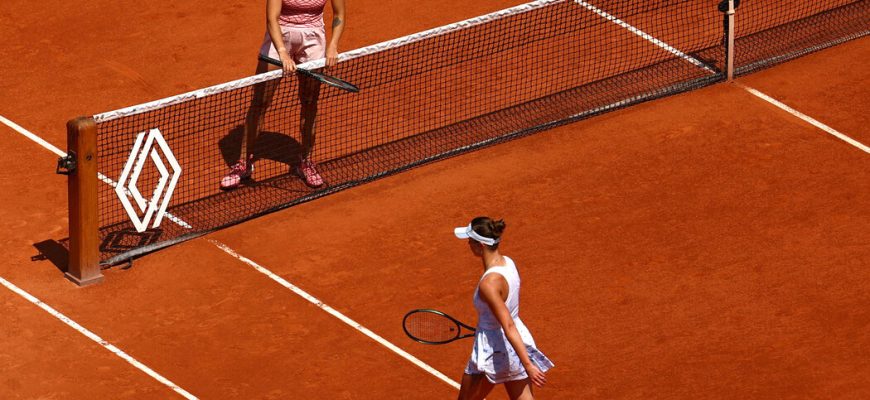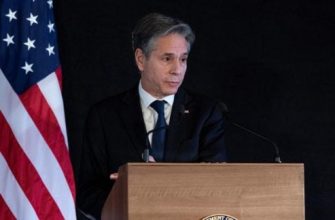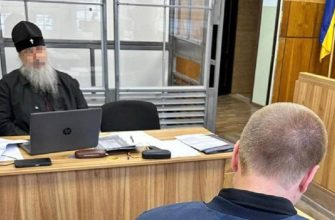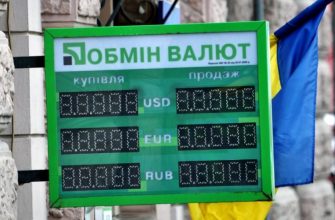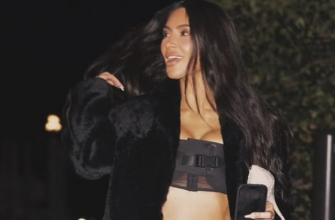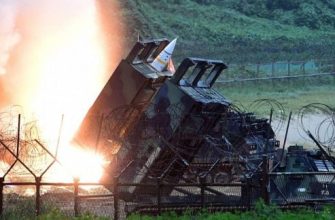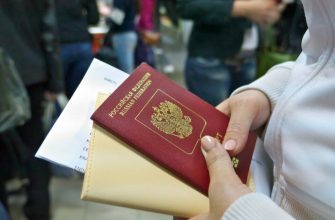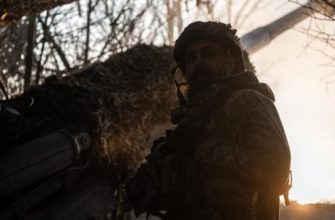In hindsight, this French Open was probably destined to come down to a moment like the one that unfolded Tuesday.
For 10 days in Paris, and for months on the women’s professional tennis tour, Ukrainian players have made it clear that they will not shake hands with players from Russia or Belarus after their matches. Aryna Sabalenka of Belarus, the second seed and one of the favorites to win the women’s singles championship, knows this as well as anyone. She beat Ukraine’s Marta Kostyuk last week in the first round and then watched Kostyuk gather her belongs and leave the court quickly under a chorus of boos.
Regardless of the hostility from the crowd, there was zero chance that Elina Svitolina, the unofficial leader of the female players from Ukraine, would behave any differently when it was her turn to face Sabalenka on Tuesday. Sabalenka dispatched Svitolina, 6-4, 6-4, with one last bullying rally and a final blasted forehand.
And so, Svitolina said, as she saw Sabalenka at the net, waiting — and waiting, and waiting — and staring at her when the match was over, one thought passed through her mind: “What are you doing?”
Did Svitolina think Sabalenka was taking advantage of the moment, knowing that the crowd at Roland Garros had previously howled at players who forsook the postmatch handshake?
“Yes, I think so, unfortunately,” Svitolina said during a news conference after the match.
Sabalenka later denied that she had done anything of the sort.
“It just was an instinct,” she said, because that is what she always does at the end of a match.
That Sabalenka was saying anything at all was news in itself. After her third-round win on Friday, Sabalenka skipped the mandatory postmatch news conference, opting instead to do an interview only with a WTA employee. She did the same thing after her fourth-round win.
The tennis has often been overshadowed by geopolitics at this French Open. Novak Djokovic, the 22-time Grand Slam champion and Serbia’s biggest celebrity, proclaimed his solidarity with ethnic Serbian protesters who clashed with NATO forces in Kosovo late last month over control of the region and the status of the country, which more than 100 nations have recognized but Serbia and Russia have not. Djokovic even scrawled on a plastic plate in front of a television camera that Kosovo was the heart of Serbia, a statement that supporters of Kosovo called fascist and supportive of a philosophy that had led to ethnic cleansing.
For Sabalenka, talk of politics became unavoidable after she drew Kostyuk, the rising Ukrainian, in the first round, and a journalist from Ukraine asked about her previous statements that she would end the war if she could. The journalist also raised Sabalenka’s close association in the past with President Aleksandr G. Lukashenko of Belarus, who has allowed Russia to use his country as a staging area for its war in Ukraine. The internet has no shortage of photos and videos of Sabalenka with Lukashenko after he had arrested political opponents and used the military and the police to quash protests.
After those news conferences, Sabalenka announced that she no longer felt “safe” facing the news media and opted to speak only with a WTA employee following her next two matches. The WTA and tournament organizers supported her decision, waiving the fines and threats of more serious penalties they had imposed on Naomi Osaka for doing the same thing at the French Open two years ago.
“I felt really disrespected,” Sabalenka said Tuesday of those first two tense news conferences.
While Sabalenka was struggling off the court, Svitolina was becoming the story of the tournament. She had spent most of the past year on maternity leave and raising money for relief efforts in Ukraine, and she thrilled crowds as she battled through her first four matches in her first Grand Slam following the birth of her daughter. The local fans have a special affinity for Svitolina, who is married to the French tennis player Gaël Monfils, who was courtside at all of her matches.
Her victories set up the showdown with Sabalenka, which immediately felt like so much more than a match between two tennis players.
This was Ukraine against Belarus, a well-loved player in the sport against a 25-year-old whom fans are still getting to know. One had become a leading figure in popular culture in war relief efforts; the other had not made it clear where her loyalties lied.
Under pressure from the Ukrainian journalist, Sabalenka had said she did not support the war — “Nobody normal will ever support this war,” she said — but had not renounced her support of Lukashenko.
Tennis-wise, it was a duel between a grinding retriever, Svitolina, and perhaps the women’s game’s biggest hitter, Sabalenka, and it quickly became clear that unless Sabalenka’s old erratic self emerged, this was not going to be Svitolina’s day. Sabalenka stayed steady, and Svitolina was out. Sabalenka will face Karolina Muchova of the Czech Republic in the semifinals Thursday.
Then came the awkward standoff at the end, and even some boos for Svitolina’s actions as she packed her bag, with Sabalenka waiting at the net, and as she left the court.
“She didn’t deserve all this,” Sabalenka said of the howls.
Svitolina said everyone might be better off if the WTA and tournament organizers made it clear to players from Russia and Belarus that as long as there was war, there would not be any handshaking. She also said one player should not get the advantage of taking a pass on the potential stress of facing the news media while everyone else had to sit in front of microphone and respond to whatever questions arise.
“I faced difficulties,” Svitolina said. “I’m not escaping. I have my strong position, and I’m vocal about that.” She said she would not try to curry favor with the public “by betraying my strong belief and strongest position for my country.”
When it was Sabalenka’s turn, she once more stated her opposition to the war, and when pressed — by a journalist from Poland — she attempted to add slight distance between her and Lukashenko. The Ukrainian journalist who had questioned her previously is not covering the second week of the tournament.
“I don’t support war, meaning I don’t support Lukashenko right now,” Sabalenka said.
She spoke of losing sleep over her decision to skip the previous news conferences and said that she had felt bad about it and that she planned not to skip any more but did not regret the decision.
“I don’t want to be involved in any politics,” she said. “I just want to be a tennis player.”
For the time being, and with a possible finals date coming with Iga Swiatek of Poland, who wears a pin of Ukraine’s flag when she plays, that may not be possible.
